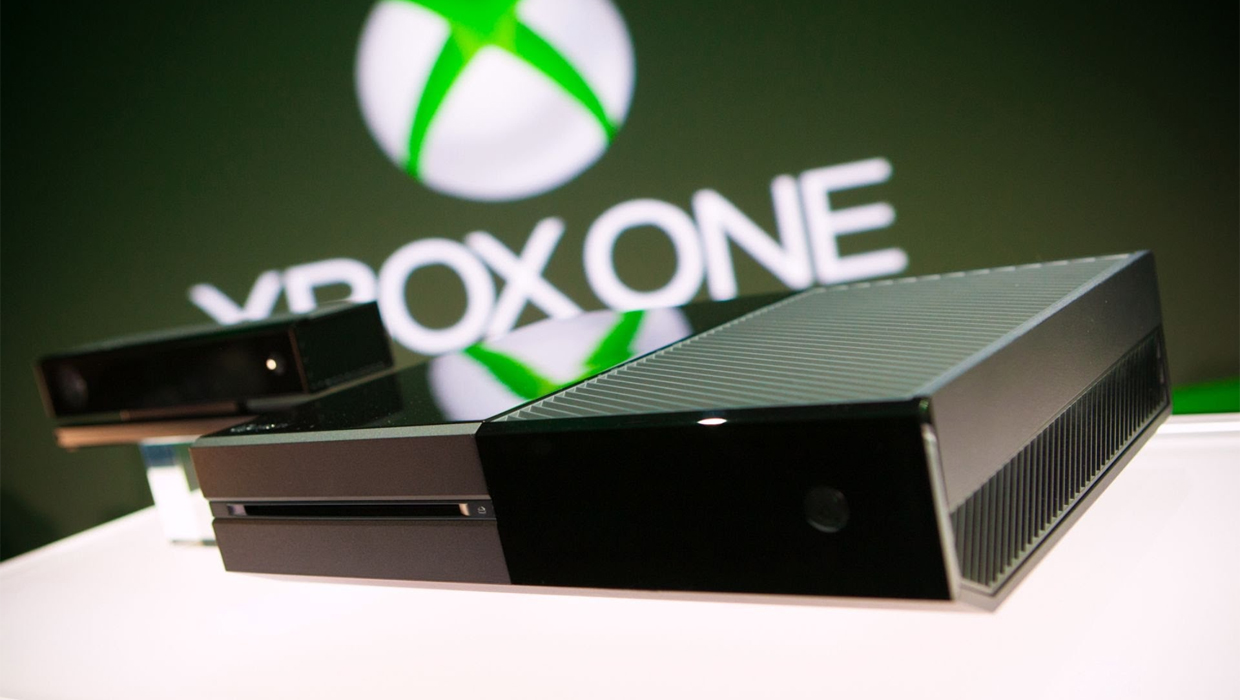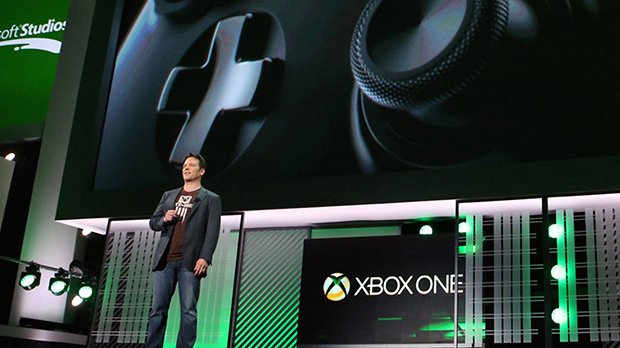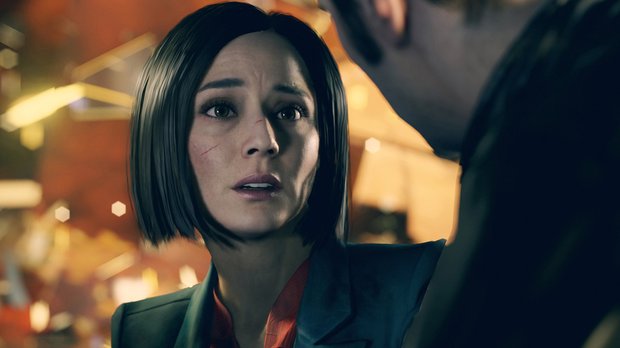Microsoft wants to win back core gamers, but can it pull that off?
Things are apparently starting to sink in for Microsoft. Like a hung-over frat boy waking up to a destroyed apartment after a rager, the company is starting to realize that some of the choices it's made in the year since the Xbox One was revealed may have trashed the brand. Between announcements of now defunct features like a mandatory Internet connection, hamstringing used games, an always-on Kinect, and losing all of your games if you're banned from Xbox Live (all while being kind of snarky jerks about it), Microsoft seemed to be giving the middle finger to its consumers in 2013. But now it's the morning after, and if Microsoft's the frat bro, its core consumers are the angry girlfriend who doesn’t feel very forgiving. Could it be that, despite its best efforts, Microsoft's previous behavior has turned that core audience against Xbox for good?

There is much to be said for the power of consumer opinion, and how willing a customer is to buy from a company they feel has mistreated them. "Core gamers" in particular feel this way about Microsoft's actions, since many of the negative features proposed for Xbox One disproportionately affected them. Though Microsoft didn't punch us in the face or steal our lunch money, there's a sense of brand loyalty that many gamers feel has been betrayed. It was sad watching Microsoft shoot itself in the foot over and over again until it was left standing on a bloody stump, and it singlehandedly drove some into Sony's loving, game-sharing arms.
However, hope is not lost. Phil Spencer's recent statements about the Xbox's future seem to be genuine, and Microsoft's recent changes in behavior back up his claims. Removing the Xbox One's built-in Kinect and dropping the price was certainly a good way to start, and the company focused almost exclusively on games during its E3 2014 press conference. Those choices represent a big change in course that is honestly appealing to the core market, rather than Microsoft telling us what we should like.

Spencer has also been much more humble than his predecessor, admitting Microsoft's made some poor decisions leading up to this point. As much as those choices have hurt their reputation and could continue to do so, owning up to them is a big step, and showing their commitment with tangible changes is the best thing they could have done.
Microsoft’s next steps are going to be critical ones, because it has to prove its commitment to core players will last. It's started inching forward with worthwhile deals in Games for Gold, making Xbox Live a tempting investment. Plus, removing the Kinect has given developers more GPU to work with, so they can increase the overall quality of games for the system. Rather than making the Xbox an all-encompassing entertainment box with little of interest to the gaming audience, these changes shift the product focus in a way that core gamers should favor and appreciate.

The clincher, however, is going to be exclusive franchises. This year’s E3 was impressive in terms of single titles, like Ori and the Blind Forest, Inside, and Project Spark, but the Xbox will need more than Halo to carry it in terms of ongoing series. That seems to be Microsoft’s plan of attack with games like Phantom Dust and Quantum Break, so it’s down to how well those are received. And hey, if Quantum Break takes off, Microsoft can tap Remedy Entertainment to become a second-party developer, or at least sweeten the exclusivity deal--something to help the Xbox find the Naughty Dog to its Playstation, or replace the relationship Microsoft once had with Bungie. Something to give it the edge it needs to bring its gamer audience back into the fold.
No question, winning back the core audience is going to be a hard one. Microsoft's already a year behind now, and with plenty of bad blood between them and their customer base, the recovery is going to be difficult. Still, knowing when to admit you're wrong and following up with honest change is a huge step in the right direction. Though there's a lot of groveling to do, a good apology will at least get the core market to start listening--though some flowers wouldn't hurt either.
Weekly digests, tales from the communities you love, and more
Former Associate Editor at GamesRadar, Ashley is now Lead Writer at Respawn working on Apex Legends. She's a lover of FPS titles, horror games, and stealth games. If you can see her, you're already dead.



